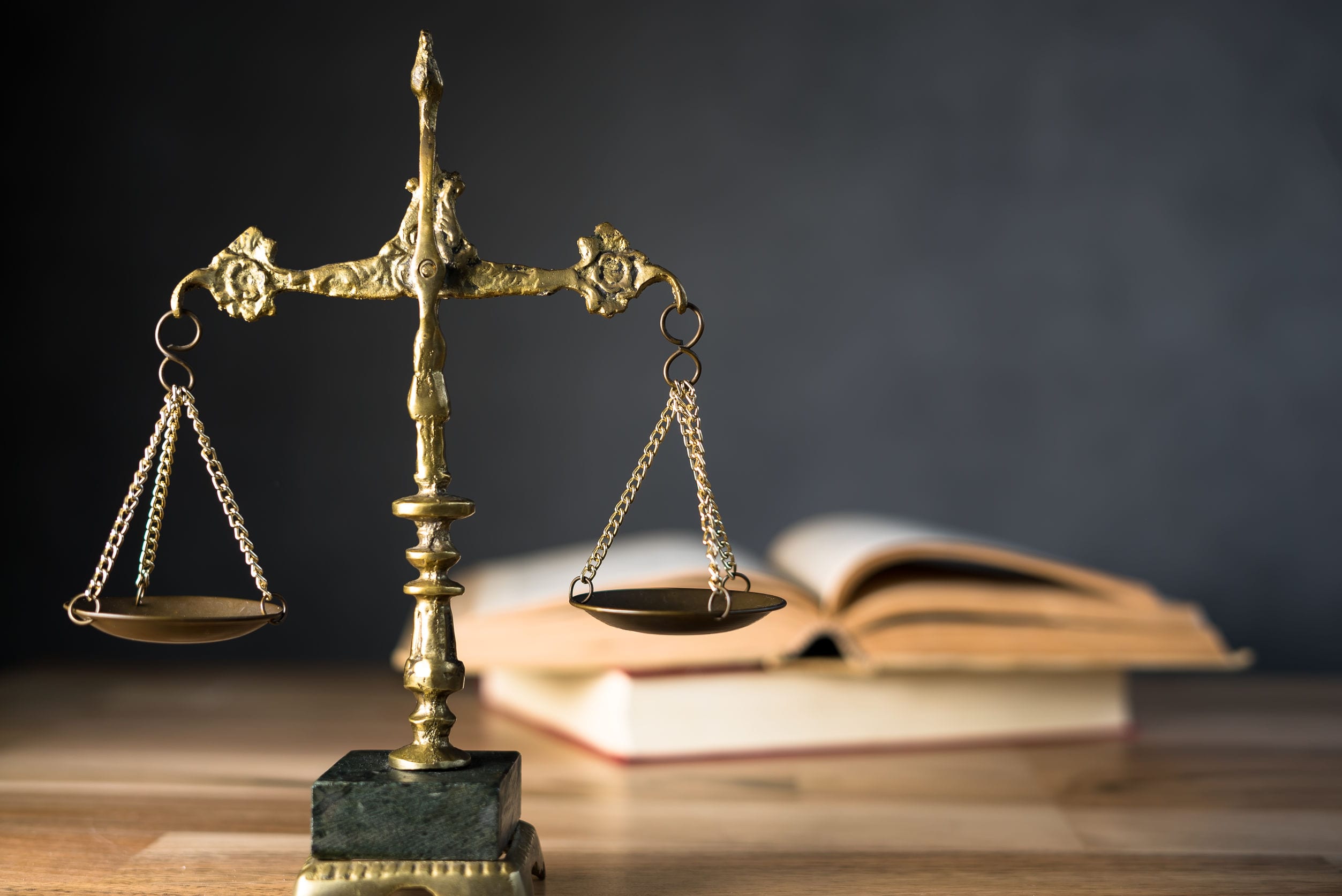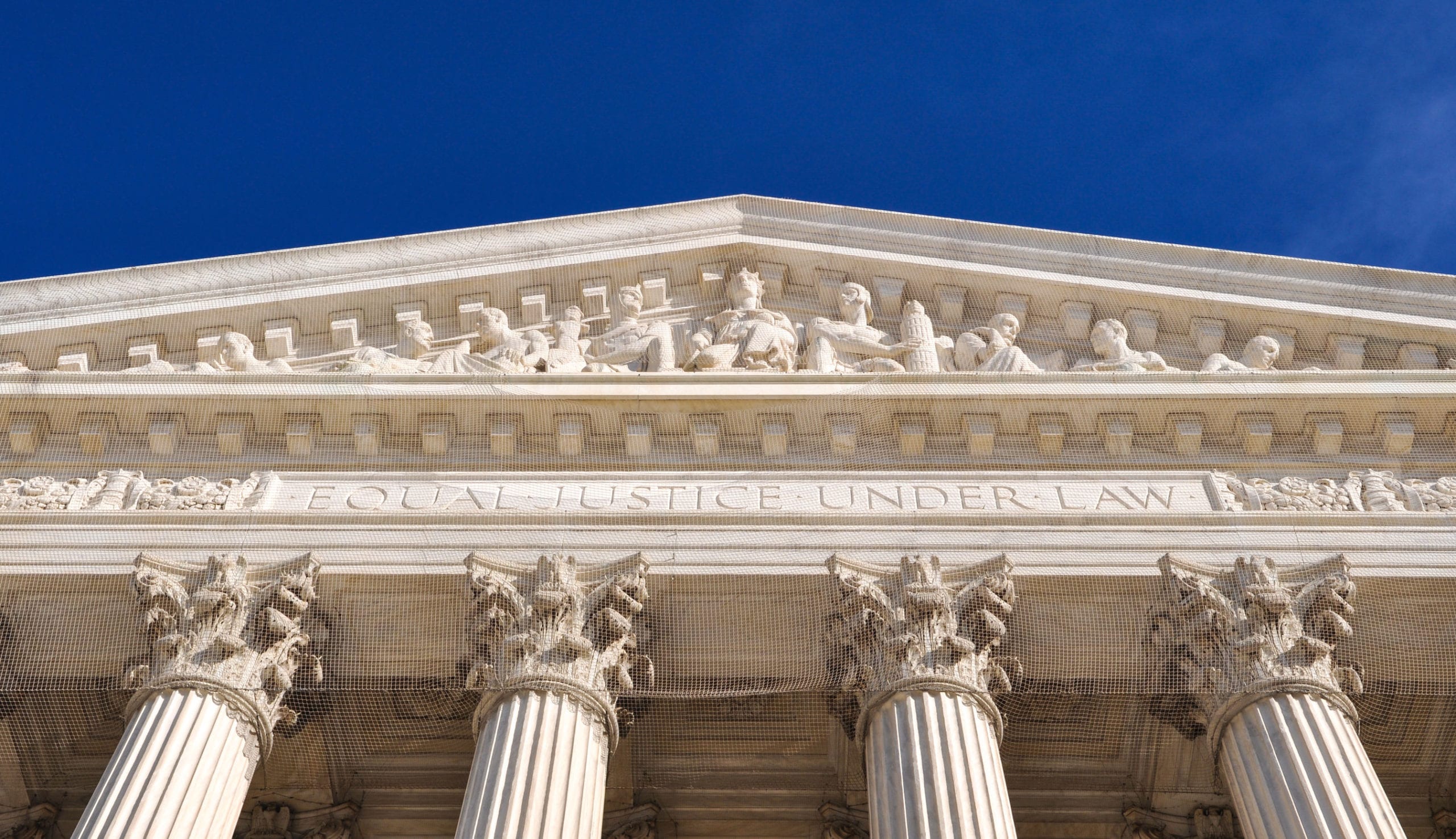- Home
- THE FIRM+
- Criminal Defense+
- CASE RESULTS
- AREAS WE SERVE+
- FAQ’s
- Blog
- Contact
AZHARI LLC BLOG

Posted By: Sami Azhari
Category:
Television and movies have made the term “double jeopardy” a part of the popular lexicon but not many Americans know exactly what it is or how it can apply to them.
The truth is that double jeopardy offers protection for criminal defendants in court, so it’s a pretty important clause in the U.S. Constitution to familiarize yourself with.
Here’s what you need to know about double jeopardy that could come in handy one day if you’re facing federal and state charges in Illinois for the same crime.
The Fundamentals of Double Jeopardy
The Fifth Amendment in the United States Constitution contains the double jeopardy clause. This clause states that no one can be subject to the same offense twice.
Most state constitutions have followed this lead and also contain similar protections from criminal defendants.
You Cannot Be Charged for the Same Crime Twice
Basically, the double jeopardy clause makes it so that if you’re charged with a crime and acquitted, you cannot be charged again simply because prosecutors didn’t like the outcome of the case. As you can see, it’s a vital protection for citizens in this country.
Why Double Jeopardy Exists
There are many reasons why the rule against double jeopardy exists in this country. The most critical reasons include:
- To preserve the integrity of criminal proceedings so that the government is not allowed to ignore the results of a criminal trial they may not like or agree with
- To limit the power of prosecutors
- To protect citizens from the emotional and financial toll associated with repeat prosecutions for the same crime
Everyone is guaranteed basic protections against multiple prosecutions in the U.S., even in states that don’t do anything to bolster the double jeopardy clause in their own state constitutions.
Double Jeopardy Doesn’t Always Apply
Double jeopardy applies only to criminal cases. It cannot be used in civil proceedings. It is attached to the case in the court of law when a jury is sworn in, thereby placing the defendant “in jeopardy.”
Double jeopardy also only applies in cases where the accused is either acquitted or convicted. Once either of those occurs, the government cannot retry the person for the same crime or even a lesser crime associate with the case for which they were acquitted or convicted.
For example, if someone is acquitted of robbery, the government cannot turn around and charge them with larceny, since it’s simply a lesser offense of the same crime.
When Double Jeopardy Isn’t An Option
There are three common scenarios in which double jeopardy does not apply: mistrials, multiple offenses, and sovereignty. Learn more about each below.
Mistrials
If there is a mistrial, then you can be prosecuted again for the same crime because a technicality ended the trial, not its merits.
Multiple Offenses
Double jeopardy is only for protection for the same offense, not for multiple charges for different offenses that can stem from a single event.
Sovereignty
Another sovereign, such as the state, can prosecute someone for the same crime as the federal government. If you violated both state and federal laws during the commission of a crime, then you can be charged by both governments for the same crime. A good example is murder crimes.
Charged in Illinois? Understand Double Jeopardy and Protect Your Rights
If you commit the crime in the state but the murder took place on federal property, then the state and federal governments both have jurisdiction over the case. Understanding your rights is important, especially when it comes to criminal trials.
About the Author
Sami Azhari has been working as a lawyer since 2007, after receiving his Juris Doctor from the Michigan State University College of Law. He has handled numerous state and federal cases and is known throughout the Chicago and Rolling Meadows area for providing his clients with high-quality, skilled representation. He has been recognized by Avvo (2013 and 2018), SuperLawyers (2015-2020), The National Trial Lawyers, and other notable organizations, and has spoken at a number of legal conferences.


























































